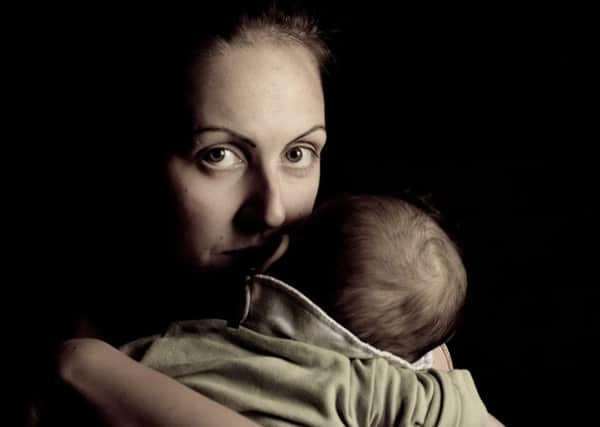SallyAnn Kelly: Parents with learning disabilities need help to keep children


Feeding, sleeping, smiling, crying, walking, talking, too much, too little, too soon, too late. A nagging suspicion that something is not quite right can often feel like the only constant for new parents.
There are, however, an estimated 5000 parents with learning disabilities in Scotland and they have an additional worry, living with the fear that their baby will be taken into care. Around 40 per cent of parents with learning disabilities no longer live with their children.
Advertisement
Hide AdAdvertisement
Hide AdResearch in 2013 suggests their children are more likely to be taken into care in Scotland than in England, while highlighting significant differences between Scotland’s councils when deciding if children should be taken into care, fostered or adopted.
Things may have improved since then but there remains a suspicion that some parents with learning disabilities are still having children taken from them without being given every possible opportunity to care for them at home. If it can be done, the benefits of keeping the family intact are boundless. It is good for parents, good for taxpayers but, above all, good for children, securing a far better start and the prospect of a far brighter future.
Aberlour have a team in South Ayrshire working with parents with learning disabilities to increase their skills, self-confidence and ability to provide safe, caring homes for their children. While maintaining a clear-eyed assessment of their parenting capacity, we provide practical advice and help and offer emotional support and encouragement.
An independent evaluation of our service focused on six families. It found that without our support 12 children would not have attended school regularly, three would have ended up in the criminal justice system; nine would have been taken into care; and five would not have had essential health care.
In addition, three parents would have suffered deteriorating health; two would not have attended college; three would not have found other vital support services; and one would probably have ended up in jail. In total, the support scheme saved taxpayers £1.4million in one year with a projected saving of £9.6million over ten years.
Getting it right for the children of parents with learning disabilities demands a concerted effort from everyone involved, from midwives and health visitors to social workers and psychologists. That life-changing effort should also be shaped by the experience, expertise and commitment of the third sector and driven innovative, effective support delivered by charities like Aberlour.
Parents with learning disabilities only want to be the best they can be, to care for their children and give them the best chance for a better future. They deserve every chance. Getting it right for every child means getting it right for every parent too.
SallyAnn Kelly is chief executive of the Aberlour Child Care Trust.